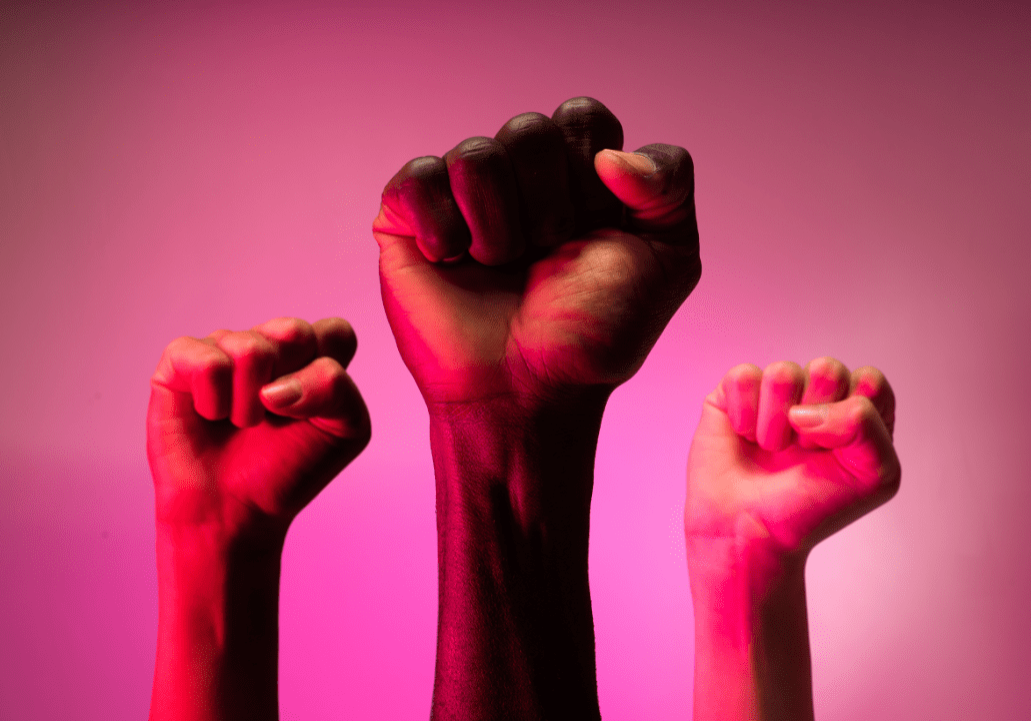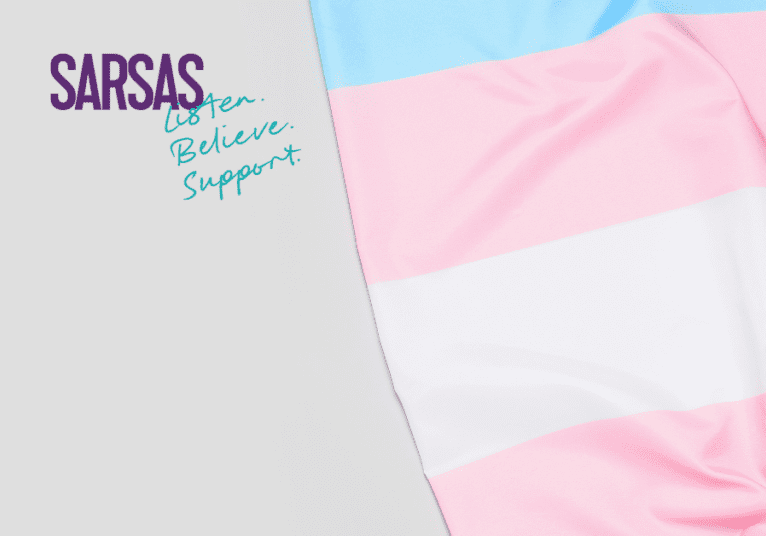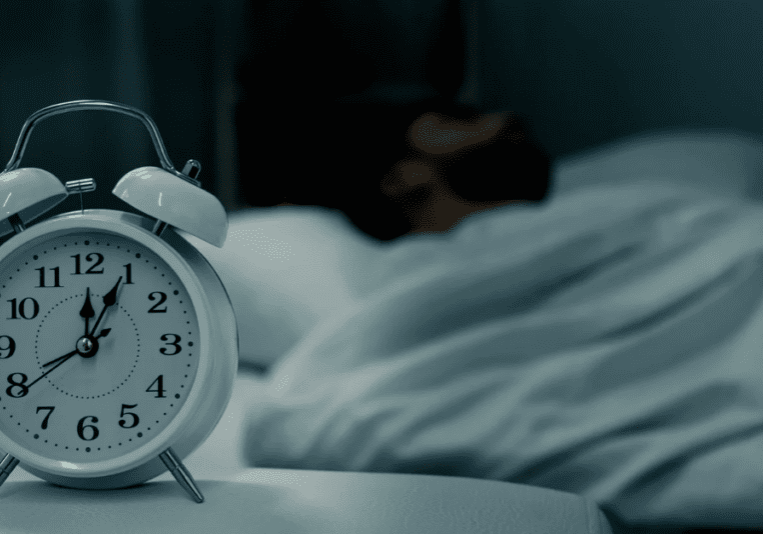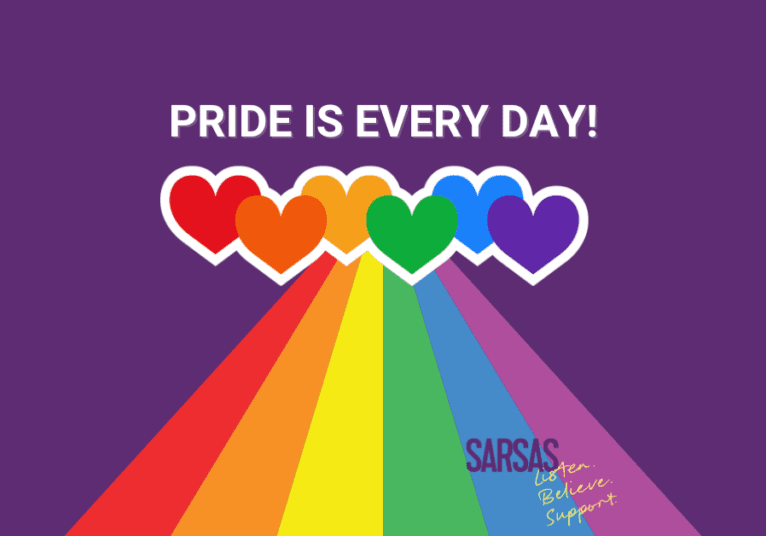
Reclaiming the conversation
We live in a country where violence against women and girls is a public health epidemic. Read to find out why we use gendered language to talk about violence against women and girls (VAWG). December 2021.
- 1.6 million women experience domestic abuse each year
- 85,000 experience rape or attempted rape
- Yet only 1.4% (1 in 70) of rapes reported to the police result in a charge
- This is heightened for Black and minoritised, disabled, LGBT+ and migrant women, who experience higher rates of domestic abuse and/or sexual violence.
“What about the men?”
Despite the harsh reality of these statistics, we often hear people asking “what about men that are killed or sexually assaulted?” or highlighting the fact that more men die from homicide each year than women. Overall, this fact is true. More men are murdered: ONS homicide statistics for the year ending March 2020 revealed that men were three times more likely to be killed than women (1).
However, this derails us from two important distinctions: who is committing the crimes and why?
The majority of murders in the UK (93%) are committed by white males (2). And when women and girls are killed, it is in ways that are very different from the ways in which men and boys are killed. As a woman, the person most likely to harm you is a partner or ex-partner in your home, as a man, it is most likely to be an acquaintance or stranger out in the street (3).
Of the estimated 773,00 people who were sexually assaulted in the year ending March 2020, 80% of them were women (4).
“How can we make people safer?”
Appropriate prevention and protection should acknowledge who the individuals committing crimes are as well as the differences between the ways women and men are killed or assaulted.
Instead, the reality that 2 women will be murdered every week by a current or former partner becomes just another accepted statistic that we are unable to change. Because attempting to address this epidemic of violence against women would mean completely uprooting a system that is based upon systemic misogyny.
It would mean refusing to see incidents like Wayne Couzens as “the odd bad apple”.
It would mean reframing this as a men’s issue and asking “What can we do to stop another Wayne?” instead of “What can we do to stop a situation like Sarah from happening again?”
Sarah Everard wasn’t a one-off incident and since her murder in March 2021, at least 81 other UK women have been killed in circumstances where the suspect is a man. It’s time to start prioritising women’s safety and listening to what they need.
None of this is to say that individual women don’t cause harm or commit crimes or that men don’t experience sexual trauma, but our societal focus on the behaviours of women who experience gender-based violence is not working. If we cannot focus on perpetrators the only people who benefit are those who want to commit these crimes.
By addressing violence against women as a systemic problem, we would in-directly tackle the violence that men also suffer at the hands of other men, and also women. This would make everyone safer.
What can you do to help?
- Follow us in our call to a change in police protocol (https://www.sarsas.org.uk/sarsas-call-for-change-to-police-protocol/) and write to your MP!
- Share this blog with those around you or on your social media platforms to raise awareness of violence against women and girls.
- Find out more https://rapecrisis.org.uk/get-informed/ about violence against women and girls.
If you have been affected by this blog or recent news, you deserve support. We will always take you seriously and we will believe you. Find out more about the services we offer.
The latest from our news and blogs

Trans, Non-Binary, and Intersex (TNBI) Support Group
Coming together in a confidential space to support each other and identify ways to move forward after rape & sexual abuse.




